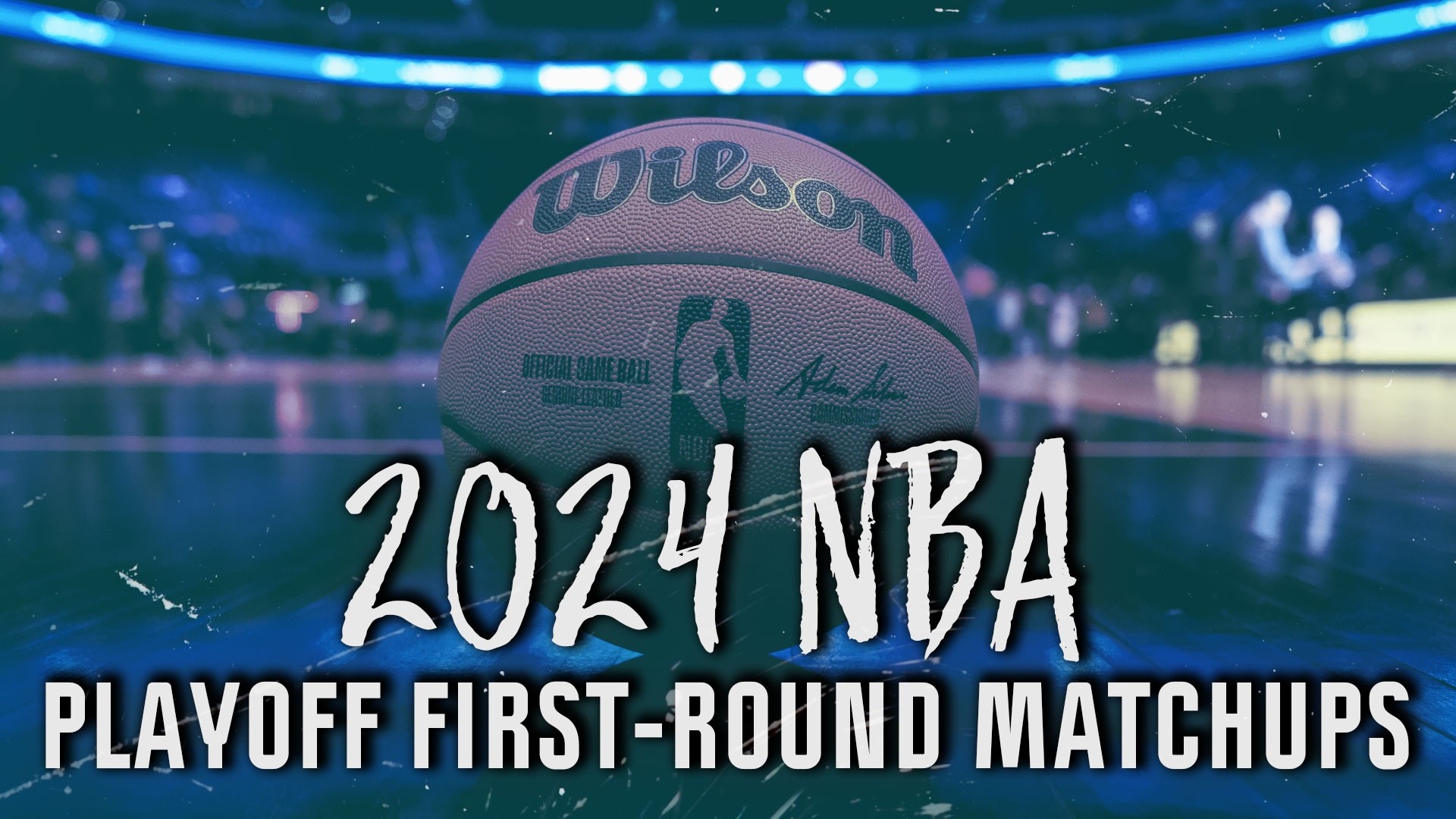
It’s the one Olympic matchup every American hockey fan has wanted for almost four years now and, by virtue of Wednesday’s respective results in Sochi, it’s less than 48 hours away.
The United States whitewashed Jake Voracek, Jaromir Jagr and the rest of the Czech Republic, 5-2, and Canada hung on for a 2-1 over Latvia (!) to set up a titanic rematch of the 2010 gold medal game in Vancouver that could be louder than that THUNDER SNOW that shook your house Wednesday morning.
The U.S. got a quick jump on the Czechs when James van Riemsdyk -- who was traded for Luke Schenn, who is not an Olympian -- beat netminder Ondrej Pavelec from a terrible angle just under two minutes into the game.
Stay in the game with the latest updates on your beloved Philadelphia sports teams! Sign up here for our All Access Daily newsletter.
The Czechs tied it up shortly thereafter but the Americans regained the lead when David Backes slid a beautiful cross-ice pass to Dustin Brown, who jammed it home. Backes then scored from an impossible angle with just 1.8 seconds left in the first period for a 3-1 lead and the backbreaker.
Zach Parise ended Pavelec’s day with another goal from a miserable angle to make 4-1 early in the second period and that was all she wrote. Phil Kessel scored in third and the Czechs added a garbage-time goal before the buzzer sounded but the Americans already had their tickets punched to the semis.
Jonathan Quick made 21 saves for the U.S. in the victory.
The Canada/Lativa game was a whole different monster for a variety of reasons but mostly because of the Canadians’ inability to put the Latvians away.
Patrick Sharp scored early to put Canada on top 1-0. But the Latvians quickly answered with a breakaway goal to knot things up.
That’s when Latvian goalie Kristers Gudlevskis – don’t even ask for a proper pronunciation of that mouthful – took over and stole the show.
Gudlevskis was superb in making 55 - count ‘em - 55 saves for his team, which was outshot 57-16 in the game. He had almost every answer.
The key word there was almost because defenseman Shea Weber – who has found his way into every Flyers fan’s dreams for years now – blasted home a power-play goal from the point for the game-winning tally late in the third period
After Canada’s close call, here we are with the mother of all rematches and a trip to the gold medal game on the line.
So then, who has the edge?
A glance at the rosters seems to show the Americans have better goaltending, the Canadians have better defensemen and the respective groups of forwards are a toss-up.
That’s why they play the games, though.
Canada has scored 13 goals through four games in the tournament so far. That’s good for 3.25 goals per game. But that’s very misleading for a few reasons.
Canada’s six-goal performance against lowly Austria was the only time it scored more than three goals in a game. Also, Canada’s forwards have grossly underperformed. Forwards have scored just six of Canada’s 13 goals, and four of those six goals came against the overmatched Austrians.
In fact, Weber and fellow defenseman Drew Doughty have combined for the other seven goals.
All that against defenses like Norway, Austria and Latvia that have played much worse than the Americans’ defense.
On the other hand, the Americans are averaging five goals per game and their lowest goal output so far was three when they met the Russians in that instant classic this past Saturday.
With five goals, Kessel himself has nearly as many goals as all Canadian forwards.
The mostly young U.S. defense has impressed as well. That corps has let up just six goals in four games. Of course it helps having Quick and Ryan Miller between the pipes, but still quite the feat. Just look at the way guys like Ryan McDonough and Cam Fowler played against the uber-talented (and disappointing) Russians. They smothered the skilled Russians into submission.
So, I’m giving the edge to the Americans due to offensive balance, better performances against more skilled teams than Canada has faced and because they are playing a better overall team game right now.
But don’t get it wrong. Canada is still incredibly dangerous
Oh, baby. It’s on.
Get ready, Canada. We’re coming for you.
And, in the spirit of a totally unbiased journalist, go ‘Merica.


